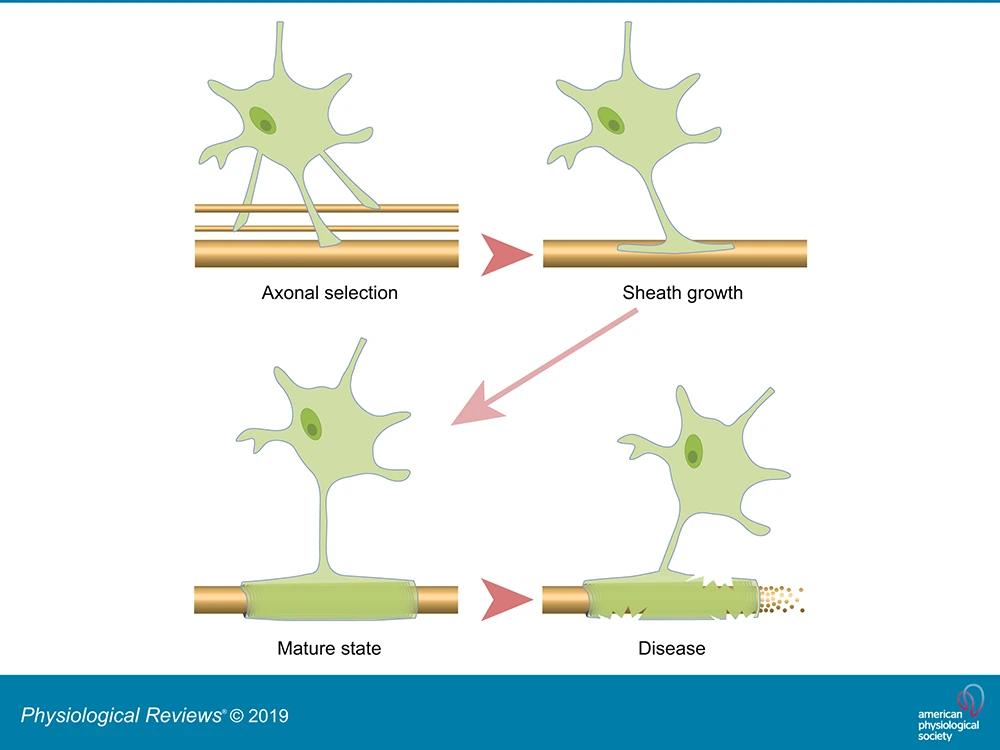
Hesperos, a leader in human biology recreation with its Human-on-a-Chip® platform, has made a significant advancement by developing a human induced pluripotent stem cell (iPSC)-derived model of peripheral myelination. This research, published in ACS Biomaterials, was conducted in collaboration with the University of Central Florida (UCF). The in vitro model facilitates the study and development of treatments for rare diseases affecting the peripheral nervous system, such as Charcot-Marie-Tooth (CMT) disease, Guillain-Barré syndrome, and chronic inflammatory demyelinating polyradiculoneuropathy (CIDP). Traditional animal and basic in vitro models have shown limited relevance for these human nervous system conditions.
Myelin, produced by nerve cells, insulates nerve fibers and enhances the speed of nerve impulse transmission, which is essential for proper nervous system function. Disorders that affect peripheral nerve myelination can lead to progressively worsening conditions, such as muscle weakness and fatigue.
Researchers from Hesperos and the University of Central Florida (UCF) developed a co-culture model using iPSC-derived Schwann cells and motoneurons in a serum-free medium. This model successfully demonstrated key features of peripheral nerve myelination, including the formation of myelin segments and nodes of Ranvier, both crucial for effective nerve impulse transmission. Advanced 3D confocal microscopy was employed to measure the g-ratios of myelination—a critical indicator of myelin health—which showed strong correlation with in vivo values.
“This iPSC-based model represents a significant advancement in our ability to study peripheral nervous system diseases,” said J. Hickman, PhD, co-author and Chief Scientist at Hesperos. “Utilizing human cells in a controlled environment allows us to investigate peripheral nervous disorders with greater relevance to human conditions, such as Charcot-Marie-Tooth (CMT) disease and chronic inflammatory demyelinating polyradiculoneuropathy (CIDP), which have high unmet medical needs.”
Hesperos’ development of this myelination model aligns with the goals of the FDA Modernization Act 2.0, which seeks to reduce, replace, and refine alternatives to animal testing while accelerating drug discovery using innovative and informative methods.
About Hesperos, Inc.
Hesperos is a global contract research organization that specializes in drug development services using its Human-on-a-Chip® platform. By integrating multiple human organ systems into a single interconnected model, Hesperos replicates essential aspects of human biology to better understand diseases and therapeutic responses.




